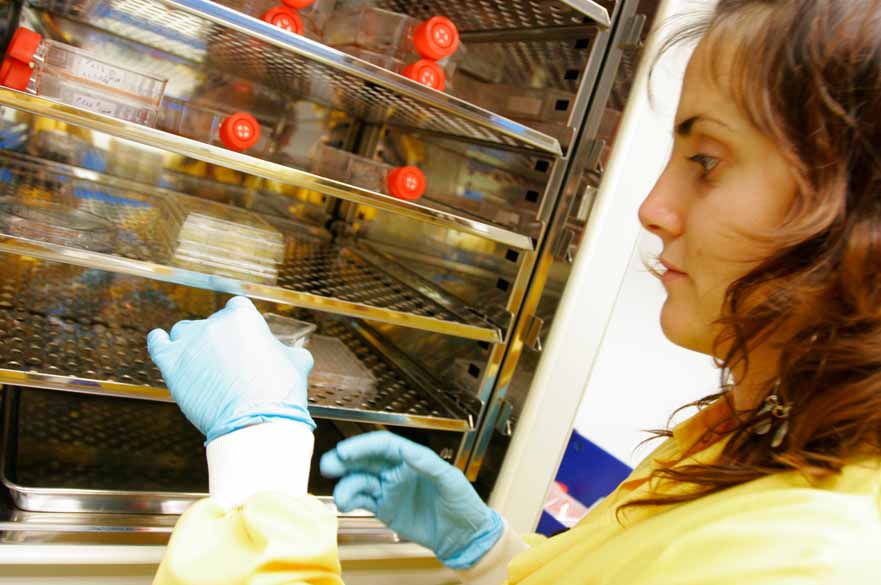Histological Dissection
- Level(s) of Study: Short course; Professional
- Course Fee:
- Start Date(s): Monday 7 April 2025 - Friday 11 April 2025
- Duration: 35 hours
- Study Mode(s): Part-time
- Campus: Clifton Campus
Introduction:
This short course is specifically aimed at preparing Biomedical Scientists for the Institute of Biomedical Science (IBMS) Diploma of Expert Practice (DEP) in Histological Dissection, or similar / linked qualifications.
Course dates
Monday 7 April 2025 - Friday 11 April 2025
Fees
The fee for this course is £700.
Training logbook
You will be expected, but not required, to have registered for the DEP and to have a copy of the training logbook before starting this course. You should be in a position for your training pathologist to sign off part one of your training logbook on successful completion of this short course. Part two, the organ specific section, is to be completed in your own laboratory.
Apply
You can apply for this course on our Online store
What you’ll study
The curriculum is set by the Institute of Biomedical Science (IBMS) and covers the following:
Clinical Governance
This is the process by which we ensure safe working, accurate sampling, consistent reporting etc. Principles of clinical governance, Health and Safety at Work, COSHH, infection control, patient identification, clinical audit will all be covered.
General Principles of Dissection
You will look at the underlying principles of dissection - what are we trying to achieve and why? Reviewing the RCPath tissue pathways and datasets, considering SOPs, limitation of practice, when to ask for help. Standard terminology, dissection equipment, specimen photography will be covered.
Surgical Procedures
The specimens received by the laboratory have been obtained in a certain way, via specific surgical procedures. The nature of the procedure tells us a lot about the clinical picture. We'll consider shaves vs curettings, incisional vs excisional, mammotome vs needle core, wedge vs lobe and so on.
Pathological Procedures
The underlying pathology can have specific macroscopic appearances. The clinical information provided may be associated with a particular presentation and you will learn how to relate these. We will discuss inflammation (acute vs chronic), apoptosis vs necrosis, scaring and tissue healing, hyperplasia, metaplasia, neoplasia etc.
Anatomical Nomenclature
Particular terminology is used to describe the position of limbs, organs and locations - do you know your cranial from your caudal? We will navigate from McBurney's point to the glabella, using an anatomical atlas.
How you’re taught
This course is taught face-to-face and over the course of one week you'll take part in both practical lab sessions and seminar sessions.
If you have any questions about this course please get in touch with us at sci.shortcourses@ntu.ac.uk.
Contact hours
This course is delivered face-to-face over the course of one week and will take around 35 hours to complete.
Fees and funding
The fee for this course is £700.
If your course will be paid by an external organisation, please contact us directly on sci.shortcourses@ntu.ac.uk.
How to apply
You can apply for this courses through our Online store.
